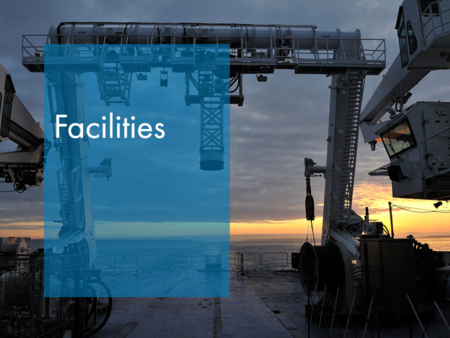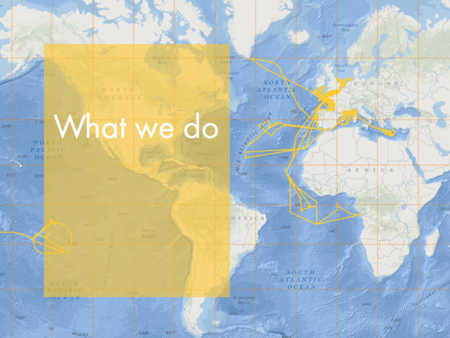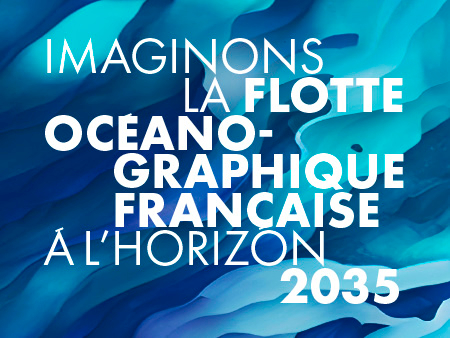The Vessels and On-board Systems unit
The Vessels and On-board Systems unit (NSE, around 25 full time employees, located in Brest) is an engineering unit intended to cover projects the develop and modernise Ifremer vessels and their scientific equipment. It aims to maintain high performance and service levels for the infrastructure and adapt to developing needs from the user scientific community. Its missions are to:
- Run the draft projects and act as the Contracting Authority for vessel construction and modernisation;
- Carry out the definition, design (or purchase), integration, qualification, transfer and performance monitoring on the scientific and computer equipment, the telecommunication equipment and mobile scientific equipment (not including underwater systems).
Marc Nokin oversees the unit that is organised into two departments.
Underwater Acoustics and Information Processing (ASTI I) department. Partly based on R&D activity, this department has developed strong skills in the area of underwater acoustics for applications linked mainly to underwater mapping, characterisation of seabeds, fisheries and physical oceanography. It thereby develops tools and processing and quality control methodologies for the data collected by the sonar systems and new methodologies and procedures to improve on-board system performance. It is in charge of developing offset software processing tools for data, essential for sonar systems on vessels and machines. Highly involved in environmental acoustics, it defines the usage protocols for acoustic equipment and steers the subcontractor in charge of sound impact studies on the marine fauna that are required to obtain the campaign permits.
Vessel and Equipment department (NE). As Contracting Authority, this department runs the construction, modernisation and developments of the vessels, working with the scientific community and GENAVIR. On behalf of the management, it oversees steering the technical draft projects linked to the Fleet Evolution Plan. Its responsibility also includes implantation and rejuvenation of scientific and computer equipment, development of “real time” software to collect and display data, and construction of satellite telecommunication solutions for the vessels.




